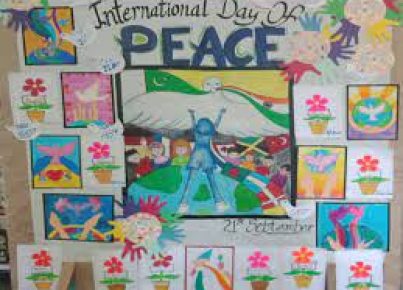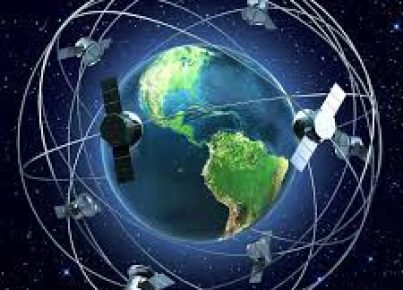Introduction
Globalization is a complex and important topic that affects everyone, regardless of age. By teaching people about globalization and helping them understand how they are connected to the global community, we can foster empathy, tolerance, and cooperation. Here are nine insightful globalization activities for various ages to help you incorporate this topic into your educational programs or personal learning experiences.
1.Mapping Our World Connections (Ages 4-7)
This activity helps young children visualize the connections they have with other countries. Provide a large world map and give each student a small picture of themselves. Ask the children to think of any relatives, friends, or favorite TV shows that originate from other countries. They can then place their picture on the corresponding country on the map.
2.Cultural Exchange Pen Pals (Ages 8-12)
Students exchange letters with students their age from across the world. This allows them to learn about different cultures, customs, and perspectives in an engaging way.
3.Global Tastes: Taste Testing Event (Ages 6-14)
Hold a taste testing event featuring diverse foods from around the world. As a fun sensory activity, have participants blindfolded while tasting the food items, then discuss ways food influences our understanding of other cultures.
4.The Interconnected Web Game (Ages 10-16)
In this game, all participants are given cards representing different aspects of globalization (e.g., technology, economy, culture). One individual picks a card and starts a discussion on how it’s connected to another aspect of globalization mentioned on another card. The person holding that card then elaborates and selects another card to connect with.
5.International Film Screening (Ages 12+)
Arrange an international film screening event featuring movies or documentaries highlighting various global issues such as poverty, climate change, or human rights struggles. Afterwards, engage in group discussions about the themes and how globalization is connected.
6.Student-led Global Solution Brainstorming (Ages 14-18)
Students choose a global problem they care about and research potential solutions, taking into consideration the impact of their solution(s) on diverse populations and developing nations. They should consider regional resources, politics, economics, and culture in their analysis.
7.Global Leaders Interviews (Ages 16+)
Invite guest speakers who are experts in international politics, economy, or social issues to give talks or participate in panel discussions. Participants can then ask questions to better understand the complex world of globalization and its impacts.
8.Study Abroad Programs (Ages 18+)
Encourage participating in study abroad programs with an emphasis on cultural immersion, language acquisition, and volunteer work. These experiences provide firsthand exposure to different cultures and insight on global interconnectedness.
9.Attend International Conferences & Workshops (Ages 18+)
Participate in international conferences and workshops that cover a diverse range of topics related to globalization. These events can expand your knowledge while providing you with the opportunity to network with professionals from different countries.
Conclusion
These nine activities cater to various age groups with differing levels of complexity. Offering opportunities for participants to explore globalization at different developmental stages empowers them to develop a better understanding of this essential topic as they grow older. Ultimately, these activities aim to create open-minded global citizens who recognize their roles within an interconnected world.





